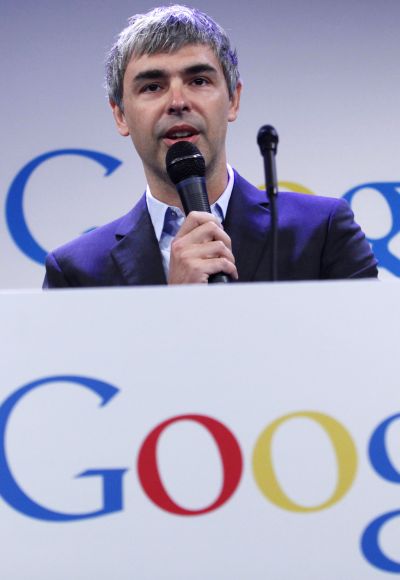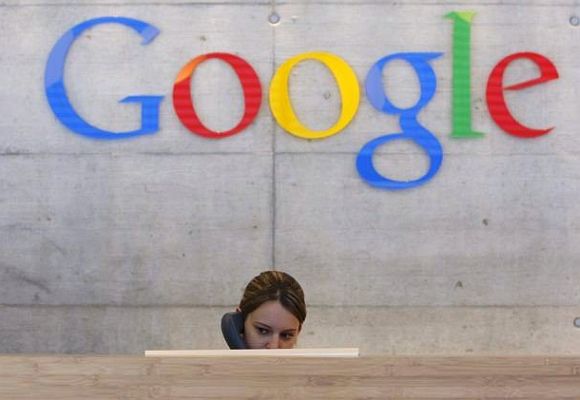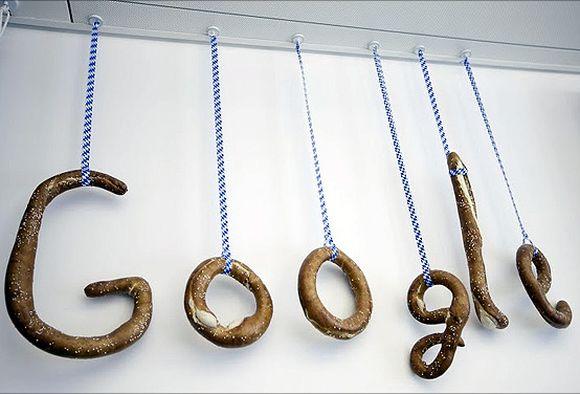 | « Back to article | Print this article |
Google's bread and butter business declines
Google knows a thing or two about rapid shifts in technology usage. After all, the search giant has built its $300 billion market cap by effectively gutting the print world of its advertising dollars over the past decade.
So it is somewhat surprising - and a potential source of Schadenfreude for those whose livelihoods were Googled - to see the group led by Larry Page fumbling with a market transition of its own.
The Mountain View monopoly failed to live up to the expectations of its investors in the second quarter of the year.
Google reported earnings per share of $9.56, below the $10.83 that had been forecast by analysts polled by Thomson Reuters.
Revenues were light too, coming in at $14.1 billion instead of the $14.35 billion that had been anticipated. Though Google famously eschews giving guidance to Wall Street, this is a rare miss.
Click NEXT to read more…
Google's bread and butter business declines
As with any large company, there are many reasons. Most worrying for shareholders is the one that the dinosaurs of print can most sympathise with.
Google butters its bread by selling clicks related to ads served on its sites and those of its network. For the sake of the analogy, think of these as newspaper ads. The more valuable a page becomes, the better for the publisher selling the space.
Yet in the second quarter that real estate declined in worth. Google says that average cost-per-click has fallen by 6 per cent over the past year. And it fell 2 per cent from the first quarter, implying an even greater annual decline.
The reason: More people are using Google on their mobile devices. And a customer using a tiny screen on the go is worth less to advertisers than one sitting down in front of a computer.
Click NEXT to read more…
Google's bread and butter business declines
Veterans of the incredible print disappearance of the 21st century, however, can't yet delight in any delicious irony.
Aggregate paid clicks at Google rose by 23 per cent in the quarter from a year ago and by 4 per cent from the first quarter.
So while the value of Google's pages may be declining, customers are reading many more of them.
The challenge for Google will be to manage this transition with more aplomb than its print predecessors - and with more reliability than it did in the latest quarter.
The author is a Reuters Breakingviews columnist. The opinions expressed are his own.

© Copyright 2025 Reuters Limited. All rights reserved. Republication or redistribution of Reuters content, including by framing or similar means, is expressly prohibited without the prior written consent of Reuters. Reuters shall not be liable for any errors or delays in the content, or for any actions taken in reliance thereon.


